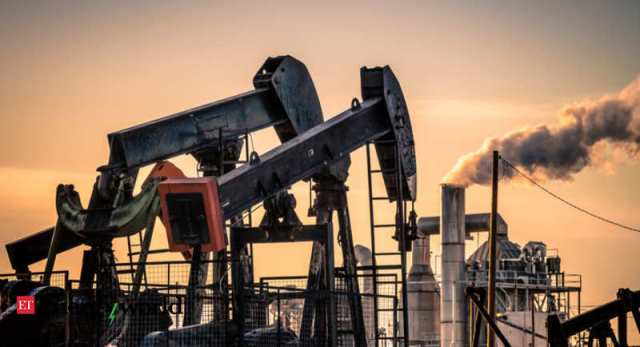Nigeria aims to increase oil and gas production to four million barrels per day and 10 billion cubic feet by 2030. Olu Verheijen, Special Adviser to the President on Energy and Head of the Presidency’s Energy Office, announced this on Thursday via her official X handle. She stated that this goal is supported by new fiscal incentives designed to increase investment in the oil and gas sector.
President Bola Tinubu recently announced these incentives, which include a VAT waiver for gas, diesel, and related equipment, as well as tax rebates for new investments in deepwater oil and gas extraction.
Verheijen emphasised the need for these reforms noting, “Since Nigeria’s last deepwater project – the Egina project was approved in 2013, International Oil Companies operating in Nigeria have committed more than $82bn in deepwater investments to other countries that they deem more competitive.
“Over the next few years, they plan to spend another $90bn to develop deepwater oil and gas projects. This is the pool of funds that our reforms are targeting, and we intend to unlock between $5bn to $10bn of new investments in Nigeria in the near- to medium-term.”
She stated that these reforms aim to create many new jobs, increase foreign exchange earnings, and improve tax revenues adding that with approximately 76 per cent of Nigeria’s gas resources still untapped, the government hopes to enhance energy security and stimulate economic growth.
Commenting, the the Chairman of the Oil Producers Trade Section, Osagie Okunbor, shared her optimism, saying, “For the first time in a long while, we’re seeing positive momentum in our industry in Nigeria, thanks to the Presidential Directives and the government’s deliberate efforts to engage the service sector.
“The level of coordination and policy coherence we’re seeing today is unprecedented. The accelerated pace of reforms over the past year has renewed our interest in Nigeria.”










